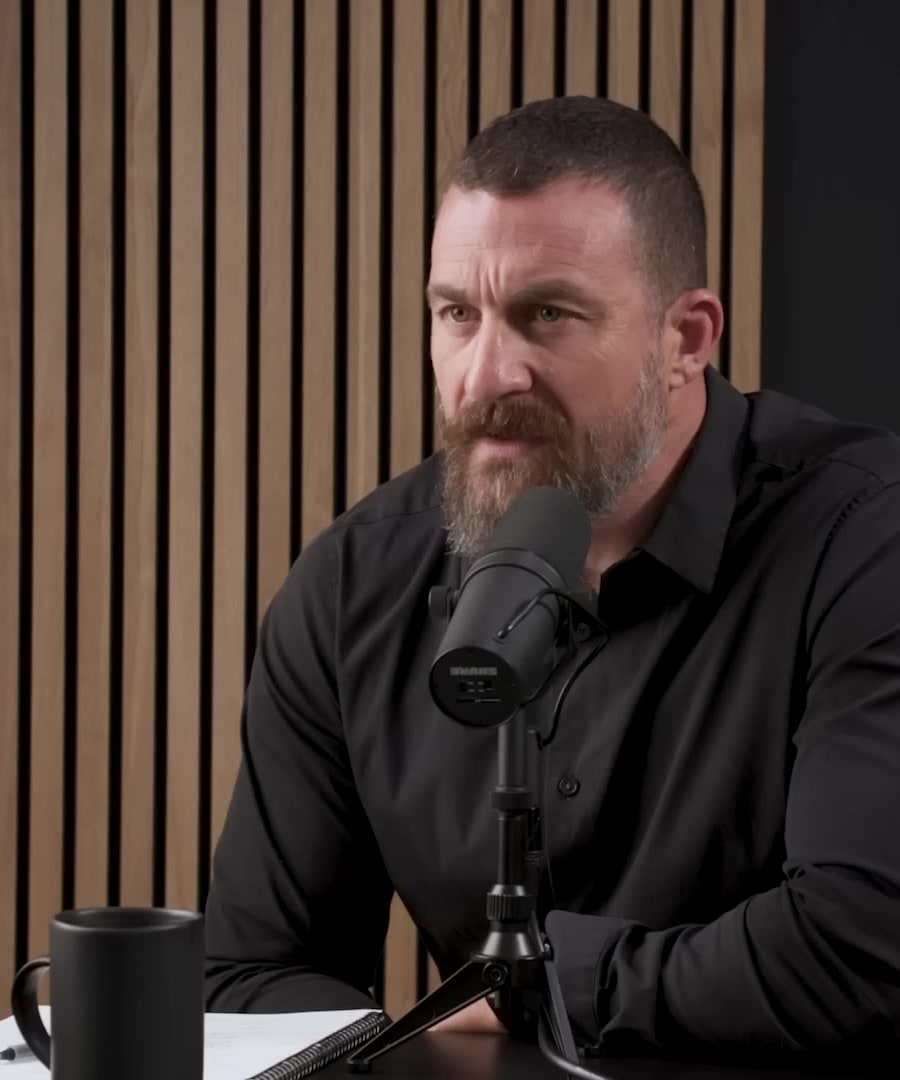comment about eating food late night
Sources:
Eating food late at night can negatively affect digestion and sleep quality. According to Dr. Satchin Panda, the digestive peristaltic action slows down at night, meaning that food consumed late does not move properly through the intestines, leading to poor digestion and a feeling similar to a hangover the next morning, even if no alcohol is consumed. This underscores the importance of more thoughtfully timing meals relative to sleep 1.
Dr. Andrew Huberman also shares his personal experience, noting that eating a large meal late can lead to feeling physically and cognitively weighed down the next morning. He suggests that if one must eat late, choosing easily digestible foods, like yogurt or liquid consumables, might be a better option 1.
RELATED QUESTIONSWhat is the best time to eat dinner for optimal health?
Sources:
For optimal health, the best time to eat dinner is one that aligns with the principles of intermittent fasting or time-restricted feeding, while also considering social and practical realities. According to Dr. Andrew Huberman, a practical eating schedule involves starting to consume meals around 10:00 AM or noon and ending the eating window around 6:00 PM to 8:00 PM. This timeframe allows for spending time with family or others during dinner hours and matches the typical eating patterns in many cultures. It also supports a beneficial transition into a fasted state before bedtime, aligning with the natural circadian rhythms and optimizing metabolic health 1.
Moreover, it's beneficial to end your eating window at least a couple of hours before bedtime. This practice supports the body's natural shift into a fasted state during sleep, which is crucial for metabolic and hormonal balance. Dr. Huberman suggests that adherence to this timing facilitates better digestion and hormonal health, such as improved growth hormone secretion, which has multiple health benefits 2.
RELATED QUESTIONS
comment about eating food late night
- RELATED QUESTIONS
What is the best time to eat dinner for optimal health?
- RELATED QUESTIONS


